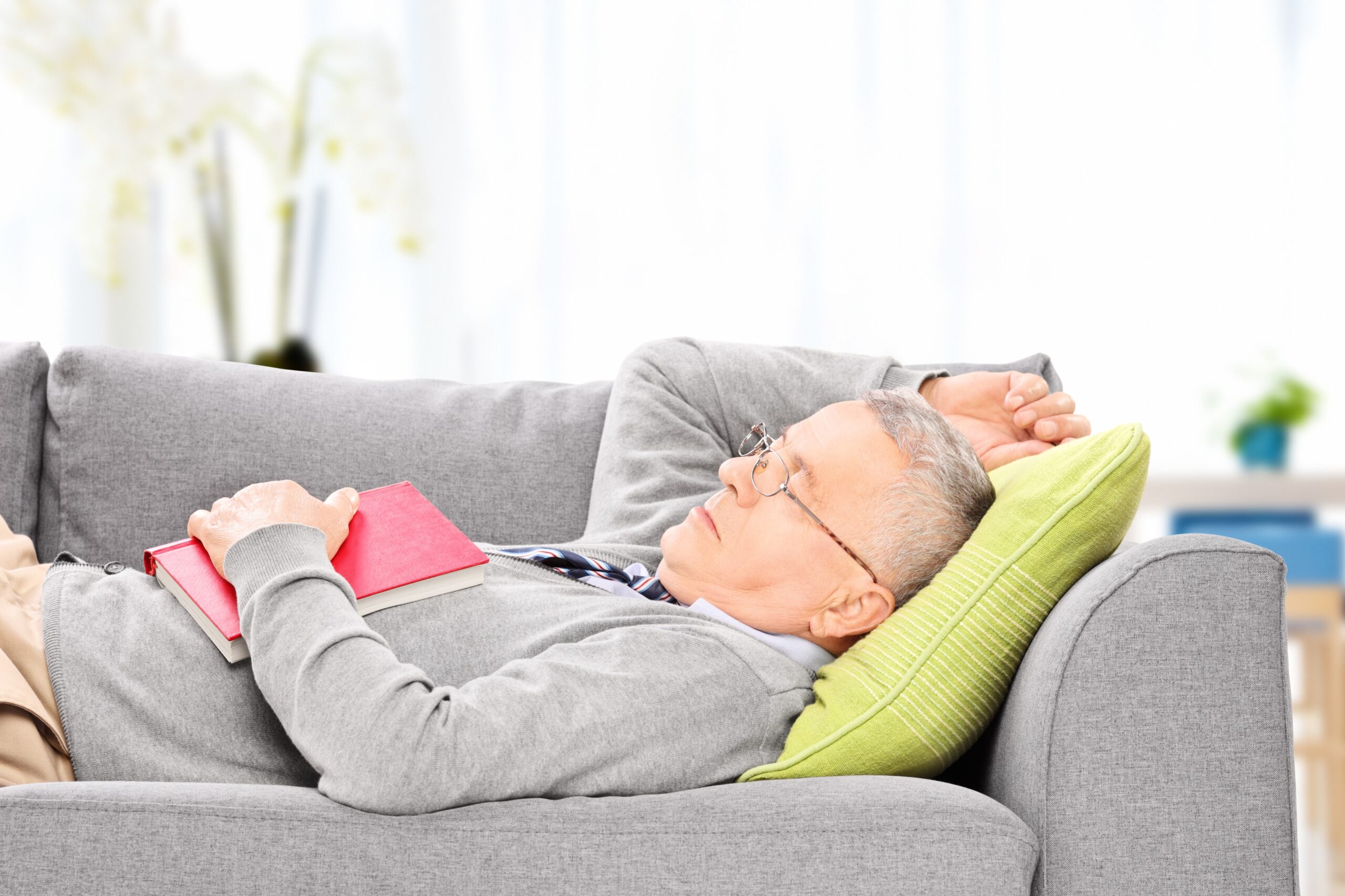Recently the journal Heart published a study showing that naps are associated with a decreased risk of heart disease. Perhaps these findings may force those who resist the urge to nap to rethink the role of napping altogether.
Napping has been debated for years, and most research has yielded inconclusive results. This research team from the University of California collected data from close to 3,500 people between the ages of 35-70 and analyzed the associations between nap frequency and average nap duration effects on the risk of cardiovascular disease over a timeframe of 5 years to provide some interesting trends.
3 in 5 or around 58% of the subjects did not take naps at all; One in five enjoyed 1-2 occasional naps per week which was associated with a 48% decrease in risk of having a cardiovascular event; while 1 in 5 were frequent nappers of 3-7 naps per week who tended to be older and male, weigh more, slept longer at night, reported more daytime sleepiness, smoked often, and were more likely to have sleep apnea had a 67% increased risk for heart disease. During follow up there were 155 cases of fatal and non-fatal cardiovascular events which could include strokes, and heart disease caused by clogged arteries that require surgical reopening.
After adjusting for potentially influencing factors including sociodemographic, lifestyle, and cardiovascular risks factors such as age, disease risks, and hours of sleep per night the decrease in risk for cardiovascular disease among occasional nappers remained, while the increased risk for frequent napper disappeared suggesting that napping may have a positive impact on cardiovascular disease.
As this was an observational study depending largely on self reported data, napping alone can’t be assumed to have directly caused the increase or decrease in risk for cardiovascular disease, rather it may contribute to the ongoing debate. According to the team, “it also suggests that it might not only be the duration but also the frequency that matters. While there remain more questions than answers, it is time to start unveiling the power of naps for a supercharged heart.”
“I don’t think it’s anything definitive, in terms of whether napping is actually helpful or not helpful,” said Marie-Pierre St-Onge, director of the sleep program at Columbia University Irving Medical Center in New York City. “This throws a little bit of a curveball, because they found one to two naps per week might be beneficial,” St-Onge said.
“I worry that somebody that naps every day isn’t getting good sleep,” says Dr. Martha Gulati, a cardiologist who is editor-in-chief of CardioSmart.org, the American College of Cardiology’s patient website. “Somebody who takes six or seven naps a week, I ask, are you not sleeping well at night? Is that how you’re catching up with your sleep?” says Dr. Martha Gulati, a cardiologist who is editor-in-chief of CardioSmart.org, the American College of Cardiology’s patient website, who goes on to add, “But I am still going to enjoy my Sunday naps, and now say I am working on lowering my risk for heart disease when my husband asks.”
“The mechanisms are not straightforward,” says lead author Nadine Hausler, a postdoctoral researcher at the University Hospital of Lausanne in Switzerland. “We assume that occasional napping might be a result of a physiological compensation allowing to decrease the stress due to insufficient nocturnal sleep and, thus, could have a beneficial effect on cardiovascular disease events. We can say that an occasional nap can potentially decrease cardiovascular disease risk for healthy adults.”




